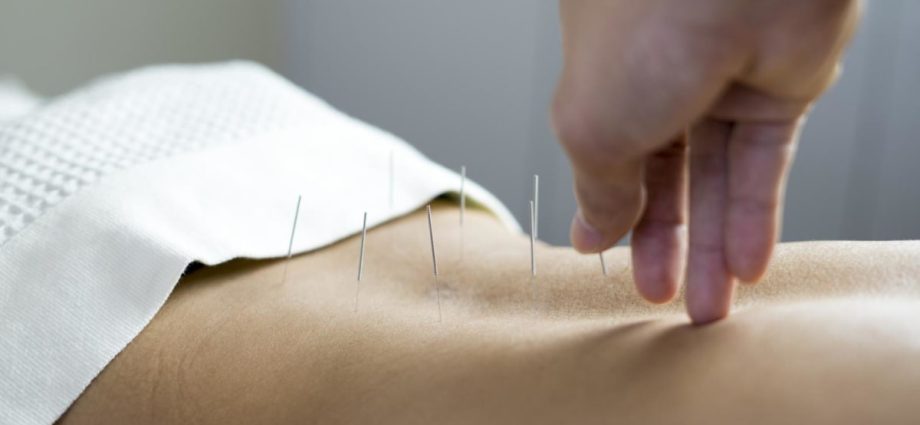
HANDS-ON EXPERIENCE
Although the current programme is a double degree, more than 80 per cent of graduates went on to obtain their licence as registered TCM practitioners.
For those taking the current double degree, they need to fulfil more than 400 hours of local internship to familiarise themselves with local TCM practice, before taking the local registration exam to qualify for practice in Singapore.
With the new degree programme, these requirements will be integrated into the new undergraduate curriculum.
Weekly three-hour clinical training sessions at the NTU Chinese Medicine Clinic are built into the curriculum and students will be required to go for two-month internships at partner TCM institutions at the end of every semester.
There are also plans to set up overseas clinical internships and exchange programmes for students, said NTU and MOH in a joint news release.
The new degree programme will offer a “refreshed curriculum that integrates modern science into a subject with ancient roots”.
A governing board comprising representatives from NTU, industry leaders and Chinese medicine academics from other universities will oversee the programme.
NTU and MOH said the new undergraduate degree will “serve as a springboard” for the university to develop postgraduate and continuing education options in Chinese medicine and to set up an interdisciplinary TCM research centre.
With the introduction of the new degree, the last cohort taking the biomedical sciences and Chinese Medicine double degree programme will graduate in 2028.
“NTU and (Beijing University of Chinese Medicine) plan to explore other areas of collaboration in Chinese medicine education,” the news release stated.
NEW TRAINING PROGRAMME FOR PRACTITIONERS
Mr Ong also announced the launch of a new TCM clinical training programme from January.
The programme is aimed at newly registered TCM practitioners who passed their licensing exams in 2023 and is a full-time one-year structured clinical training programme.
“One key concern is that new TCM practitioners often lack confidence at the early stage of their career when they had to transit into independent clinical practice. Unlike Western doctors, there is no structured system of housemanship or residency,” said Mr Ong.
Selected practitioners will go through clinical rotations at four TCM institutions – NTU Chinese Medicine Clinic, Public Free Clinic Society, Singapore Chung Hwa Medical Institution and Singapore Thong Chai Medical Institution.
Each rotation will last three months, during which the trainees will receive a monthly training stipend, said MOH and NTU.
At each of the four TCM institutions, the trainees will learn from clinical mentors who have recently undergone training conducted by MOH, and the mentoring will be on a one-to-one basis.

